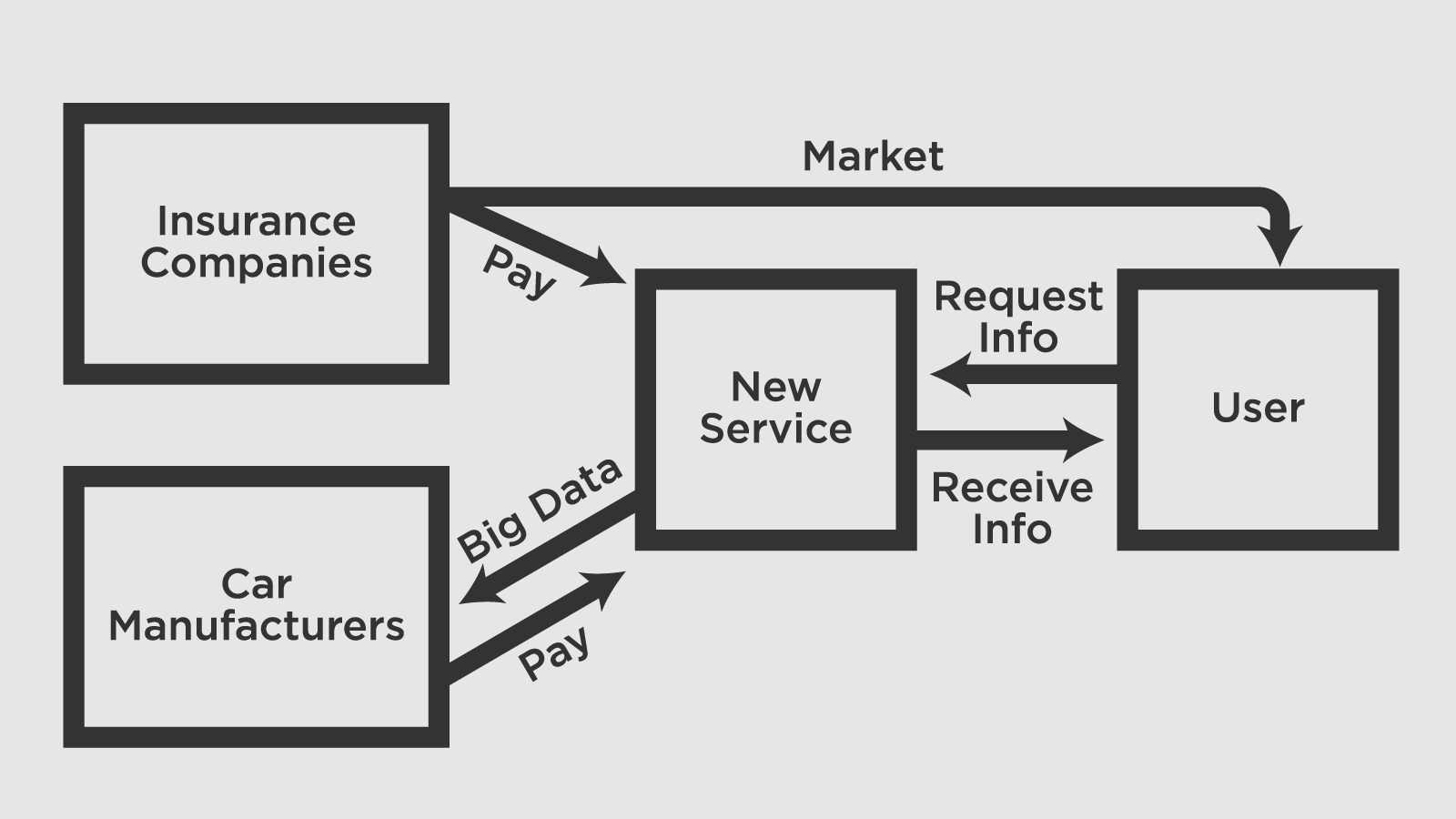Editor’s note: Ash Akhan hosts a weekly tech podcast at TechTalk Cast.
Carwow recently received £4.6m in series A for flipping the car-buying experience on its head, and JustPark received a large amount last year. More recently we’ve seen the UK government give “hands-free” cars the go-ahead.
The automative industry is undoubtedly flaring up with some awesome tech innovations, but there is still one sector to tackle: vehicle history checks, a ghost sector that lies in the shadows of the automotive industry and hides from any overt advertisement.
Worth over £500 million in the U.K. alone, these behemoths charge prospective car owners between £3 – £20 for you to check the history behind a vehicle. Information that should really be publicly accessible. Unfortunately our government has not yet given free public access to this data, instead deciding to charge £90,000 per year for access, adding a significant barrier to entry for most startups.
CDL claims to provide 2 million checks per day. Let’s assume that private buyers perform only 25 percent of these checks. Let’s make another assumption that they only pay for the minimum check: £3. How much revenue is this per day? You do the math.
Rather than charging the public for checking the history of a prospective purchase, why not monetize by charging car insurance companies to market to prospective buyers or selling big data to car manufacturers?
As an alternative to the paid services out there, my suggestion is to provide a free service to prospective buyers in return for them supplying personal demographic data. Once supplied, the personal data is anonymized and aggregated into a dashboard where it can be manipulated for analysis. This analysis can then be transformed into a report that can be sold off to car manufacturers on a subscription basis.
With this information they can make more informed decisions about their marketing. The benefit of this report in comparison to the data offered by insurers is that insurers will offer limited information on what cars a vehicle owner can afford to drive but this data will show manufacturers what cars prospective owners want to drive.
This is extremely powerful data; manufacturers can make informed decisions on new, more economical models and could offer more appropriate finance deals for their particular demographic.

Additionally, to the excitement of companies like Drive Like A Girl, if a user consents, you could allow car insurance companies to have access to contact details, allowing them to market insurance to a specific demographic even before the car is purchased.
The question still remains about how we gain access to this data. There are two solutions: Either we take to the streets and protest asking for public access to information that should be publicly accessible or we sub-license from firms that have already licensed this data from the DVLA and find alternative methods for monetization.
The automotive industry is huge and has been witness to many revolutionary startups, including Tesla, that have eaten some great chunks from a large cake. It is rare that we see a sub-sector like the provenance industry just sit there, ripe for the taking. This is a great opportunity to do what technology does best and push regressive incumbents out of play.
